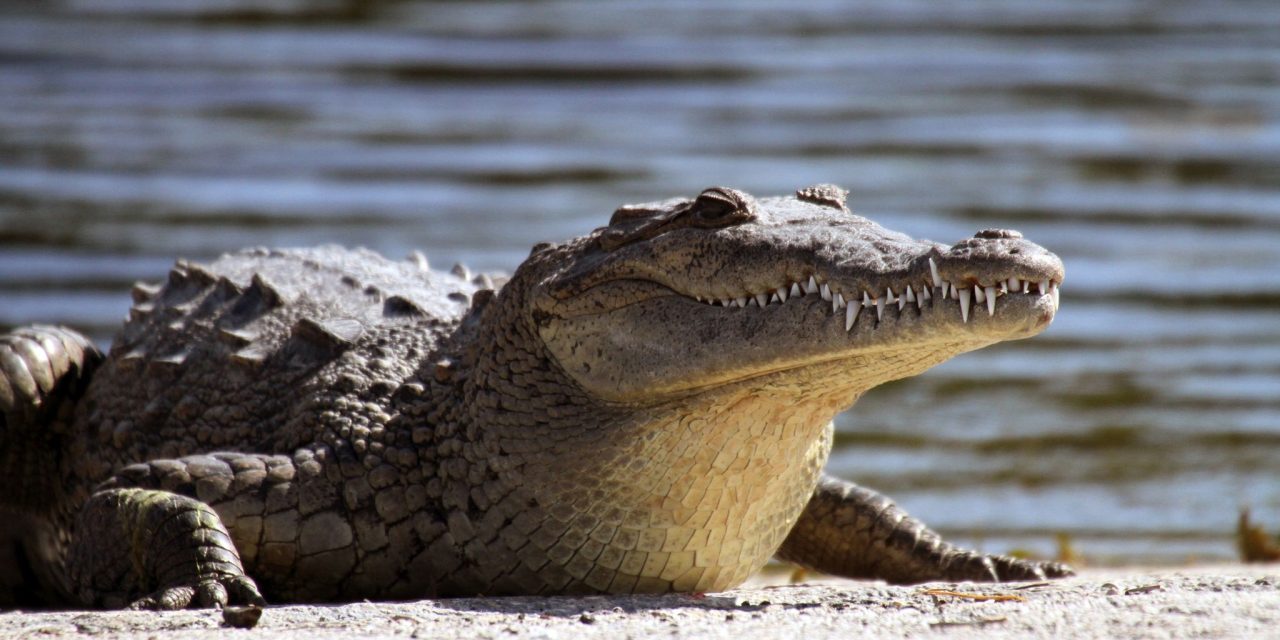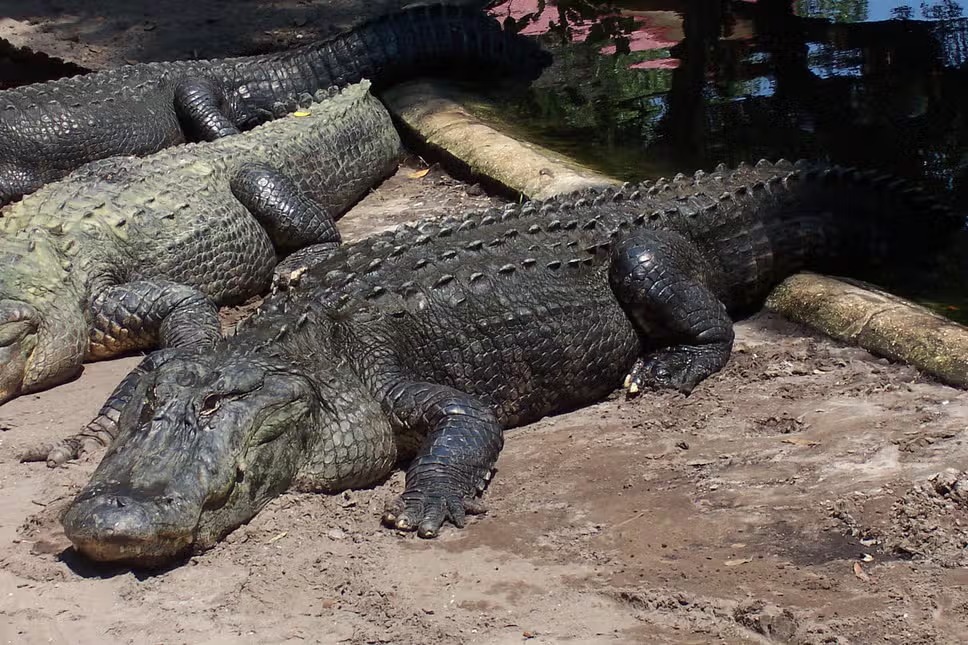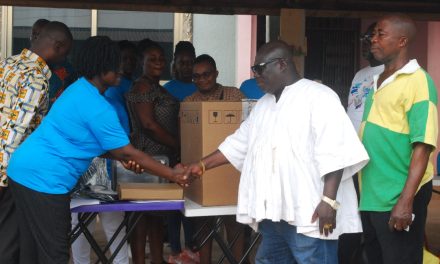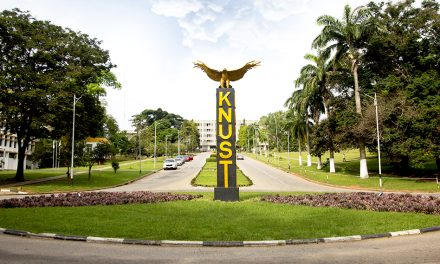The first case of a crocodile who made herself pregnant has been identified at a zoo in Costa Rica.
She produced a foetus that was 99.9% genetically identical to herself.
The phenomenon of so-called “virgin birth” has been found in species of birds, fish and other reptiles, but never before in crocodiles.
The scientists say the trait might be inherited from an evolutionary ancestor, so dinosaurs might also have been capable of self-reproduction.
The egg was laid by an 18-year-old female American crocodile in Parque Reptilania in January 2018. The foetus inside was fully formed but stillborn and so did not hatch.
The crocodile who laid the egg was obtained when she was two years old and was kept apart from other crocodiles for its entire life. Because of this, the park’s scientific team contacted a US team from Virginia Polytechnic, which specialised in virgin births, known scientifically as parthenogenesis.
They analysed the foetus and found that it was more than 99.9 % genetically identical to its mother – confirming that it had no father.
Writing in the Royal Society journal Biology Letters, the researchers say that virgin births may be more common in crocodiles, and have gone unnoticed until now because people have not been looking for instances of them.
“It is not uncommon for captive reptiles to lay clutches of eggs, given the period of isolation from mates, these would normally be considered non-viable and discarded. These findings therefore suggest that eggs should be assessed for potential viability when males are absent,” the scientists say in their research paper.
“Furthermore, given that (virgin births) can occur in the presence of potential mates, instances of this may be missed when reproduction occurs in females co-habited with males”.
It is unclear why parthenogenesis occurs in different species, but occurrences are cropping up in the scientific literature more often, probably because researchers are now looking for it. One theory is that it happens in species capable of parthenogenesis when numbers dwindle, and they are on the verge of extinction.
“This new evidence offers tantalizing insights into the possible reproductive capabilities of extinct relatives of crocodiles,” write the scientists, “notably the dinosaurs”.





















